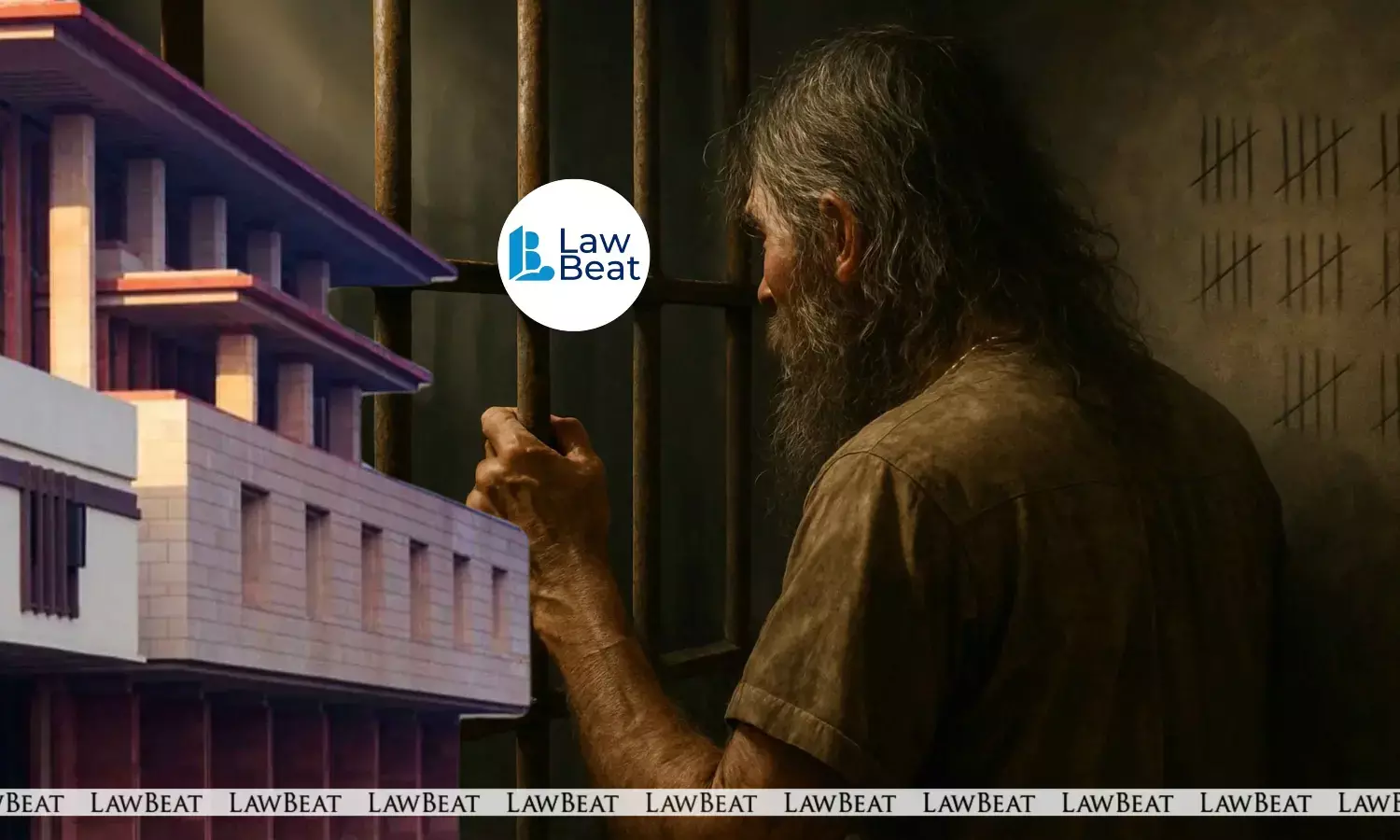Conditional Liberty Takes Precedence Over Statutory Restrictions Of MCOCA: Delhi HC

The Delhi High Court, recently, granted regular bail to an accused charged under the stringent provisions of the Maharashtra Control of Organised Crime Act, 1999 (MCOCA), holding that prolonged incarceration and delayed trial must weigh heavily in favor of conditional liberty.
The bench of Justice Amit Mahajan held, “it is evident that despite the stringent requirements imposed on the accused under Section 21 of MCOCA for the grant of bail, it has been established that these requirements do not preclude the grant of bail on the grounds of undue delay in the completion of the trial”.
A bail application was filed by the applicant, who was apprehended during a raid that led to the recovery of 3 kg of heroin. The vehicle involved was registered in the name of co-accused Deepak, alleged to be the kingpin with a criminal history under the Narcotic Drugs and Psychotropic Substances Act, 1985 (NDPS Act). Investigations revealed that the applicant supplied heroin to Deepak and others in Delhi, and further arrests followed, with more heroin being recovered.
The prosecution alleged that the accused were part of a syndicate engaged in organised criminal activities for financial gain. The applicant had also been previously arrested in another FIR but was later acquitted.
The applicant, represented by Advocate Akshay Bhandari, argued that he had already spent more than six years in custody, and only 11 out of 100 prosecution witnesses had been examined. He submitted that he had been granted bail in the NDPS case and acquitted in the earlier matter, with no role as a kingpin in the alleged syndicate. The defense also contended that MCOCA had been wrongly invoked against him.
The State, represented by Standing Counsel Akhand Pratap Singh, opposed the bail, citing the seriousness of the charges.
However, the court noted that while Section 21 of MCOCA imposes strict conditions for bail, the accused's prolonged detention and the delay in trial proceedings must be considered. The court emphasized that conditional liberty under Article 21 of the Constitution must override statutory restrictions when the right to a speedy trial is compromised.
Emphasizing the principles laid down for the grant of bail, the court highlighted that, “at the same time, period of incarceration is also a relevant factor that cannot be overlooked”.
The court also noted that the offences, though serious, did not result in any fatalities and attracted a minimum sentence of five years. The applicant had already undergone incarceration exceeding that duration. His previous conduct on interim bail had been satisfactory, and he had not misused the liberty granted.
“It is pointed out that the applicant has spent more than six years in custody, despite which, the matter is still at the stage of examination of prosecution witnesses and only 11 out of 100 witnesses have been examined till now. Speedy trial in such a case does not seem to be a possibility and the trial is likely going to take a long time to conclude”, the court outlined.
The court further added, “It is not the case of the prosecution that the applicant is the kingpin of the alleged syndicate. It is pertinent to note that the applicant has already been enlarged on bail in the case under NDPS Act and acquitted in the other case that was registered against him… this Court is of the opinion that the applicant has made out a prima facie case for grant of bail on the ground of prolonged delay in the trial”.
Consequently, the court held that the applicant made out a prima facie case for bail due to the prolonged delay in trial. The applicant was granted bail on furnishing a personal bond of ₹50,000 with two sureties, subject to several conditions, including regular reporting to the Investigating Officer and restrictions on travel and contact with witnesses.
For Petitioner: Advocates Akshay Bhandari, Anmol Sachdeva, Kushal Kumar, Meghna Saroa and Janak Raj Ambawat
For Respondent: Standing Counsel Akhand Pratap Singh with Advocates Samridhi Dobhal, Krishna Mohan Chandel and Hrithik Maurya
Case Title: Rajesh Kumar Alias Raje v State (BAIL APPLN. 2986/2023)
